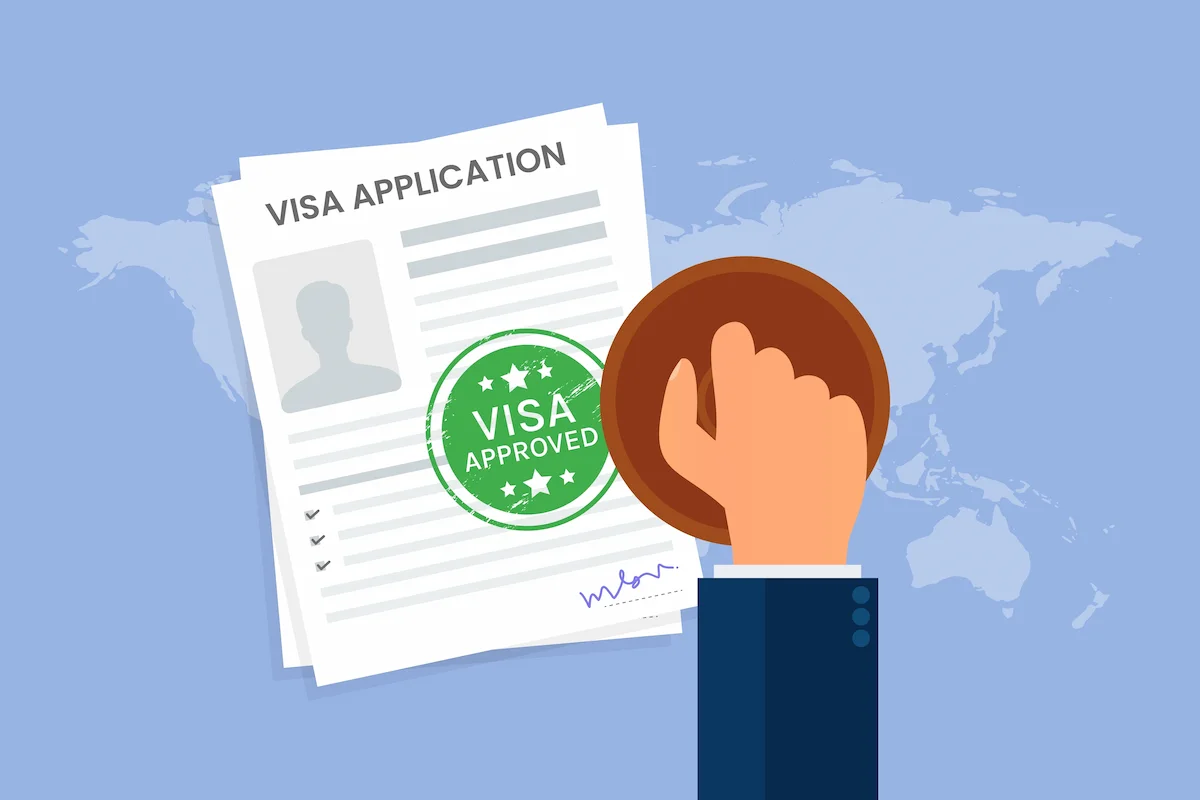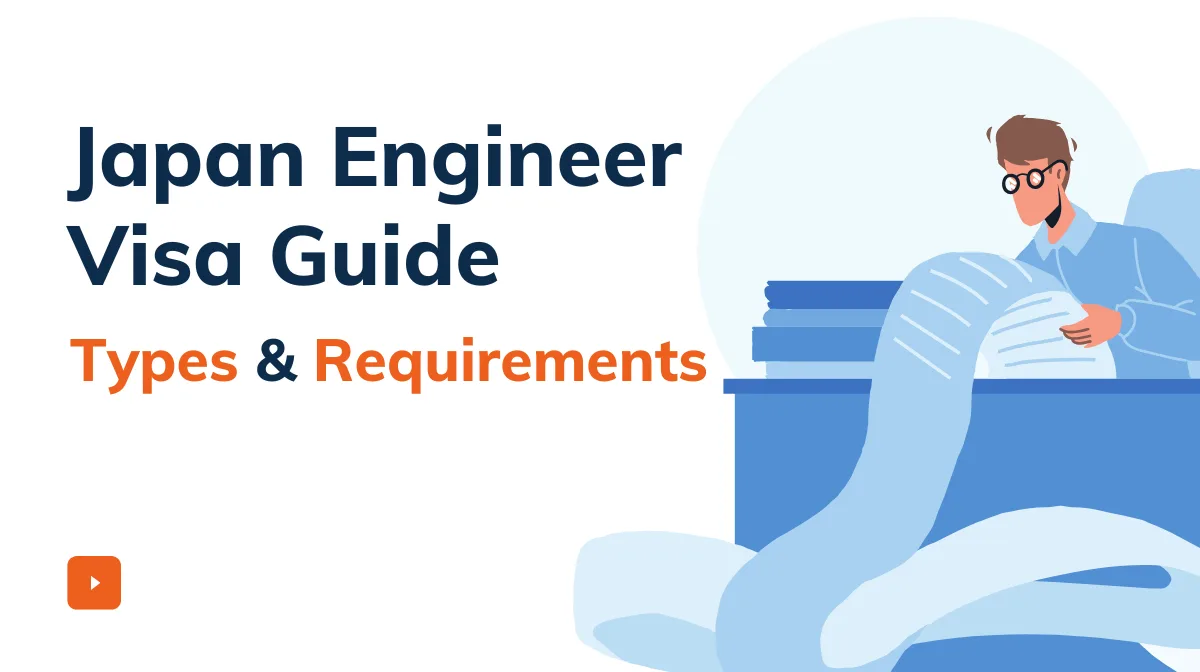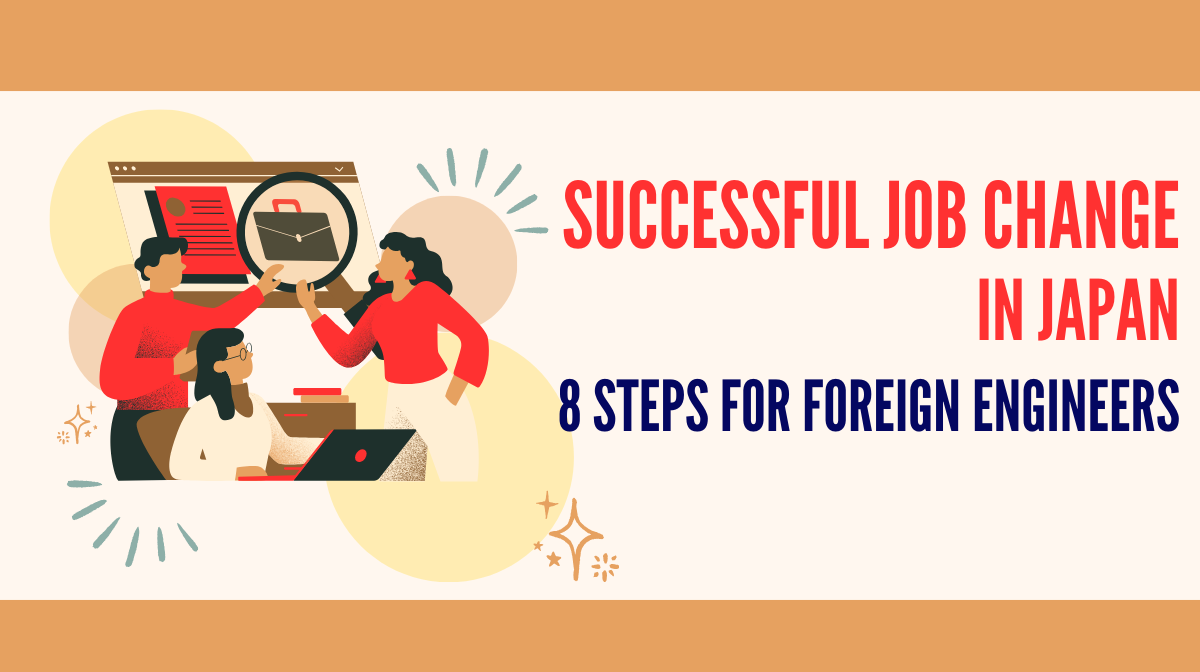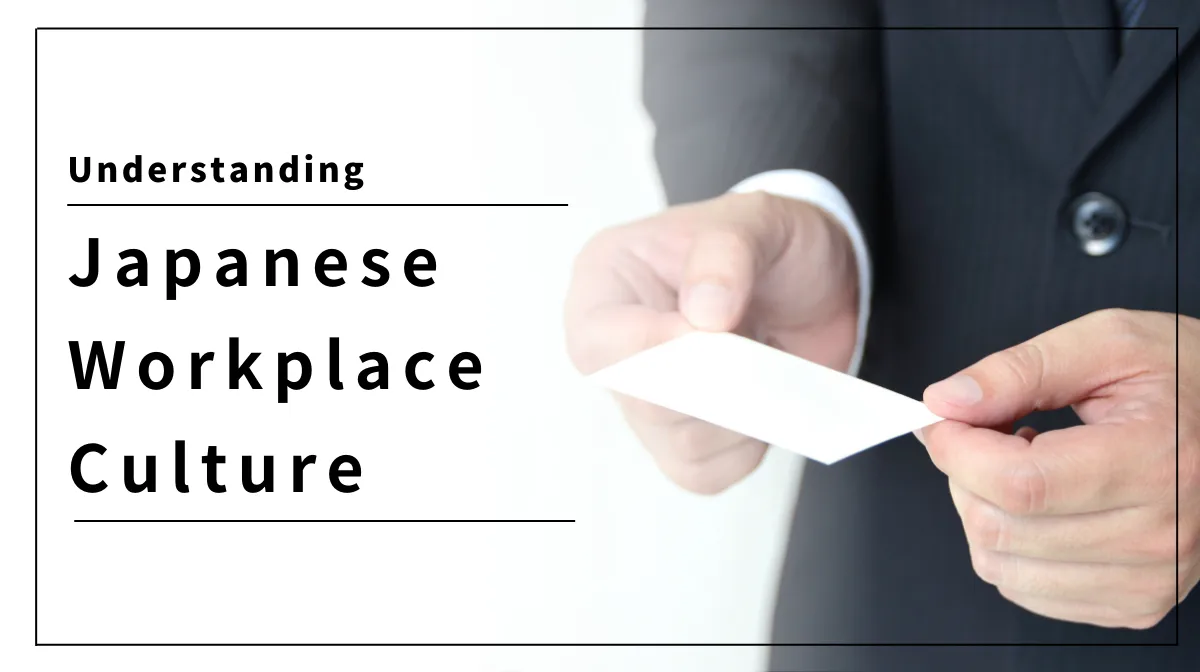French engineers must obtain proper work visas to work legally in Japan. Working on tourist visas violates Japanese law and results in deportation and five-year entry bans.
w6This guide covers essential requirements and processes for French citizens seeking engineering positions in Japan.
- Best visa options for French IT professionals.
- Top 3 visa denial mistakes and how to avoid them.
- Salary ranges for French engineers in Japan.
1. Understanding Japan Work Visa Requirements for French Citizens

French citizens enjoy 90-day visa-free entry for tourism, but any paid work requires a proper work visa. This distinction is critical—even short-term consultancy or remote work performed while physically in Japan needs work authorization. Tourist status only permits tourism, family visits, or brief business meetings without compensation.
Working without authorization violates Japan’s Immigration Control Act with severe consequences including immediate deportation, five-year entry bans, and permanent records affecting global travel.
2. Best Japan Work Visa Options for French Engineers
Japan offers 19 work visa categories, but French engineers typically qualify for two main types.
The Technical/Humanities/International Services visa (commonly called “Gijinkoku”) covers 90% of IT professionals—system engineers, programmers, data scientists, and product managers. This visa recognizes both technical expertise and international business capabilities.
The Highly Skilled Professional visa provides premium benefits through a points-based system. Experienced professionals with advanced degrees and higher salaries gain faster permanent residency paths and enhanced family benefits.
■Related Reading
Understanding the different visa types and their specific requirements will help you choose the best option for your situation.
■日本でエンジニアとしてキャリアアップしたい方へ
海外エンジニア転職支援サービス『 Bloomtech Career 』にご相談ください。「英語OK」「ビザサポートあり」「高年収企業」など、外国人エンジニア向けの求人を多数掲載。専任のキャリアアドバイザーが、あなたのスキル・希望に合った最適な日本企業をご紹介します。
▼簡単・無料!30秒で登録完了!まずはお気軽にご連絡ください!
Bloomtech Careerに無料相談してみる
3. Getting Your Japan Work Visa as a French Citizen: Technical/Humanities Requirements
The Gijinkoku visa requires meeting all six conditions simultaneously
- University degree OR 10+ years relevant experience
- Clear connection between education and job duties
- Valid employment contract from Japanese company
- Employer’s demonstrated financial stability
- Position requiring professional skills beyond simple labor
- Salary matching or exceeding Japanese standards
French university graduates typically meet academic requirements easily. Bachelor’s (Licence) and Master’s degrees from accredited French institutions qualify directly when properly documented with translated certificates and transcripts.
Without university degrees, professionals can qualify through 10+ years of relevant experience including study time, internships, and training periods. French engineers benefit from strong technical education and international perspectives, particularly graduates from prestigious institutions like École Polytechnique or École Centrale.
4. 7 Essential Tips for Successful Japan Work Visa Applications
These proven strategies help French engineers avoid the most common visa denial reasons and streamline their application process. Each tip addresses specific challenges that cause 80% of application failures.
1. Perfect Document Preparation
Meticulous documentation prevents delays. French documents need professional translation and sometimes notarization. Maintain copies and verify translation accuracy.
2. Strengthen Academic-Job Connections
Demonstrate clear links between your education and proposed duties. Highlight relevant coursework, programming languages, and completed projects.
3. Understand the Application Timeline
- Document preparation: 1-2 months
- Certificate of Eligibility: 1-3 months
- Visa processing: 5 days – 2 weeks
- Arrival preparation: 1-2 weeks
4. Negotiate Appropriate Compensation
Research industry standards carefully. Your salary must equal Japanese employees in similar positions—not adjusted for perceived living costs.
5. Verify Company Credentials
Confirm employer financial stability and legal compliance. Startups need detailed business plans demonstrating viability.
6. Leverage French Cultural Assets
Japanese companies value international perspectives for global expansion. Your French language skills and European business knowledge provide genuine competitive advantages.
7. Time Your Application Strategically
Submit only when documents are complete. Incomplete materials cause significant delays and potential denials.
■日本でエンジニアとしてキャリアアップしたい方へ
海外エンジニア転職支援サービス『 Bloomtech Career 』にご相談ください。「英語OK」「ビザサポートあり」「高年収企業」など、外国人エンジニア向けの求人を多数掲載。専任のキャリアアドバイザーが、あなたのスキル・希望に合った最適な日本企業をご紹介します。
▼簡単・無料!30秒で登録完了!まずはお気軽にご連絡ください!
Bloomtech Careerに無料相談してみる
5. Japan Work Visa Application Process for French Citizens
The process involves three main steps requiring careful coordination between you and your employer.
First, your Japanese employer applies for your Certificate of Eligibility (COE) at regional Immigration Services. This takes 1-3 months and requires extensive documentation including your resume, translated academic credentials, work certificates, and passport copies.
After COE approval, apply for the visa at Japanese consulates in France. The Paris Embassy covers most regions, while consulates in Strasbourg and Marseille serve specific areas. Processing typically takes 5 days to 2 weeks—book appointments early as slots fill quickly.
Upon arrival in Japan, receive your residence card at major airports and complete residency registration within 14 days before beginning work.
■Related Reading
Once you understand the application process, learn about the comprehensive steps to obtain your work visa successfully.
6. Avoiding Common Japan Work Visa Mistakes
Three critical areas cause most application failures
Academic Background Issues:
French educational credentials need proper documentation and professional translation. Include explanations of the French educational system when necessary.
Weak Job Relevance
Insufficient connection between education and work duties leads to denials. Strengthen applications with relevant certifications, online courses, or detailed explanations of transferable skills.
Documentation Errors
Inconsistent information across documents creates problems. Use checklists to verify consistency and maintain organized records of all submissions.
7. Career Opportunities for French Engineers in Japan
Japanese companies actively recruit engineers with international experience. Technical roles offer competitive compensation with AI and data science positions paying 5-12 million yen annually, cloud infrastructure roles at 6-10 million yen, and software development positions ranging from 3.5-8 million yen based on experience.
French engineers excel in positions bridging Japanese and European markets—product management, market development, and business analysis roles value your unique perspective. Specialized opportunities exist in localization engineering, global team coordination, and educational technology development for French-speaking markets.
■Related Reading
Explore detailed salary information to help you negotiate appropriate compensation for your engineering position in Japan.
8. Advanced Visa Options for French Professionals
The Highly Skilled Professional visa offers significant advantages for qualified professionals
- Permanent residency in 1-3 years instead of 10
- Five-year residence periods
- Spouse work authorization and parent visa eligibility
- Flexible job change conditions
Qualification requires 70+ points calculated from education, experience, salary, and age. French engineering graduates with 5+ years experience often qualify easily. Japan’s Digital Agency prioritizes IT talent with streamlined processing for tech positions and startup-friendly policies supporting innovation.
9. Managing Job Changes with Japan Work Visas
Changing employers requires careful planning to maintain legal status. Report job changes within prescribed timeframes and avoid employment gaps exceeding three months. Document active job searching during transitions.
Strategic job changes can improve your visa situation through salary increases that strengthen renewal applications, skill development justifying advanced visa categories, and selecting employers with strong foreign worker support systems.
■Related Reading
Planning a career change in Japan requires understanding the full process and legal requirements for foreign engineers.
10. Frequently Asked Questions: Japan Work Visa for French Citizens

Can vocational school graduates qualify?
French vocational programs with national certifications (Diplôme d’État) may qualify if equivalent to Japanese associate degrees. Individual assessment determines eligibility.
How long does the process take?
Expect 3-6 months from job offer to starting work. Complex cases may take longer.
Can family members join?
Spouses and children obtain dependent visas with proof of financial support (typically 3+ million yen annually per dependent).
What happens after denial?
Reapplication is possible after addressing rejection reasons. Analyze the denial notice carefully and consider professional assistance for complex cases.
Can I work part-time or freelance?
Additional work requires special permission. IT freelancing is often approved within 28-hour weekly limits.
■Related Reading
After securing your visa, understanding Japanese workplace culture will be essential for your professional success and integration.
11. Japan Work Visa for French Citizens Success Guide
Securing a Japan work visa for French citizens requires choosing between Technical/Humanities (90% of IT roles) or Highly Skilled Professional visas, with perfect documentation being critical. French engineers command 3.5-12 million yen salaries while offering unique value through language skills and European expertise. The 3-6 month process demands meticulous preparation—avoid weak academic-job connections and documentation errors that cause denials.
With Japan actively recruiting international tech talent, well-prepared French professionals will successfully launch their Japanese careers.






















